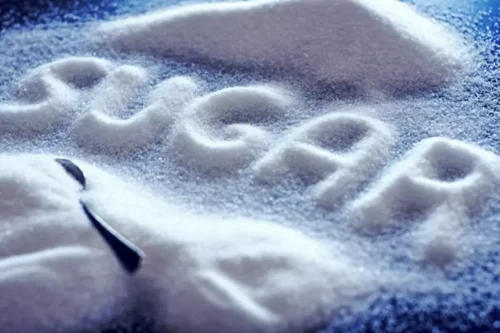How Long Alcohol Stays In Your System: Urine, Saliva & Blood
Your liver metabolises and eliminates 95% of the alcohol you consume. The liver breaks down most consumed alcohol, eliminating 95% of it from the body. Two enzymes do most of this work, and the most important is Alcohol Dehydrogenase (ADH). There are a few simple, natural methods that you can try to help you reduce hangover symptoms and regain alertness. These methods will not help your body to process alcohol any quicker and you will still remain intoxicated and impaired.

Type of Alcoholic Beverage Consumed
Urinate after sex to flush away bacteria that may have entered the urethra during sex. If you’re a woman, wipe from front to back, especially after a bowel movement, to keep bacteria from getting into the urethra. Often, people will hold their urine because it’s not a good time to go to the bathroom.
Thinking of Stopping Drinking? 9 Tips to Succeed

If you drink more than one standard drink per hour, the remaining alcohol will accumulate in your system. As a result, your BAC will increase how to flush alcohol out of your system as you consume more drinks. Eating before drinking affects how quickly you’ll get drunk and whether you will feel sick after drinking.
How to Flush Out Alcohol After a Couple of Drinks
With sleep deprivation, your body does not have time to perform those functions, so toxins can build up and affect several aspects of health (15). Excessive drinking can severely damage your liver function by causing fat buildup, inflammation, and scarring (9). The term toxin can refer to pollutants, synthetic chemicals, heavy metals, and processed foods, which can negatively affect health. Alcohol metabolizes rather quickly; thus, a saliva test or breathalyzer test is used to confirm intoxication or recent drinking. These tests are used by emergency departments, police officers, and sometimes in rehab centers to ensure outpatient treatment participants are practicing abstinence.
- If you’re a woman, wipe from front to back, especially after a bowel movement, to keep bacteria from getting into the urethra.
- Experiencing withdrawal when you stop drinking indicates a dependence on alcohol, and it may be difficult to quit drinking on your own.
- Research has shown that alcohol use disorder, or alcoholism, tends to run in families, suggesting a genetic link.
- With prebiotics, your good bacteria can produce nutrients called short-chain fatty acids that are beneficial for health (41, 42).
A hollow, muscular, balloon-shaped organ that expands as it fills with urine. Although you do not control how your kidneys function, you can control when to empty your bladder. The urinary tract includes two kidneys, two ureters, a bladder, and a urethra. One problem is there’s little scientific evidence regarding alcohol use with antibiotics. The recommendations are open to interpretation (often based on personal experience, observation and general knowledge of how alcohol and antibiotics act in the body). Healthcare providers write over 200 million antibiotic prescriptions every year, according to the U.S.

You will breathe easier and sweat profusely, releasing toxins naturally. This will help make the flushing out of urine and, essentially, the alcohol in your system. Alcohol causes dehydration, which is why you get a hangover the next day after a night of drinking. Drinking plenty of water will reduce dehydration and get water back in your system.
to 48 hours
You can, however, take tips and suggestions on how you can make the experience a little easier. The acetaldehyde produced is not enough if you experience reddening and flushing in the neck or face area. Your liver breaks down the alcohol and turns it into the highly toxic and reactive chemical acetaldehyde. Ninety percent of the time, the alcohol goes through the liver, and only around 10% of it gets out through sweat and urine.
The Timeline of Alcohol Withdrawal
If you have been drinking heavily, alcohol can continue to show up in your urine for up to 72 hours or more. Mindful drinking is about being aware of why and how much alcohol you consume. It involves paying attention to the taste and your body’s signals, helping you enjoy a few drinks without overindulging. Your body processes alcohol through your liver, breaking it down into simpler substances that can be easily eliminated.
- Additionally, drinking herbal teas, such as dandelion root tea, milk thistle tea, and burdock root tea, can help the body rid itself of alcohol more quickly.
- However, this requires you to improve the efficiency of your aerobic system.
- If you’re a social drinker or only consume large amounts of alcohol every now and then, it shouldn’t be too hard to clean out your system.
- This can occur as a result of increased lactate production or decreased lactate clearance.
Drinking alcohol, specifically within 4 hours before you go to bed, may help you fall asleep quicker but ultimately reduce your REM sleep and will potentially wake you up later. Timing your cocktails or swapping out your drink for a mocktail is a great way to ensure you’ll sleep soundly through the night. Alcohol consumption decreases melatonin production — regardless of whether the sun is down.

Comments are Closed